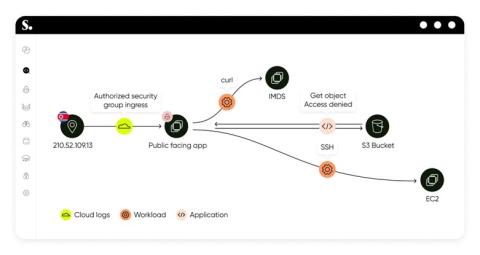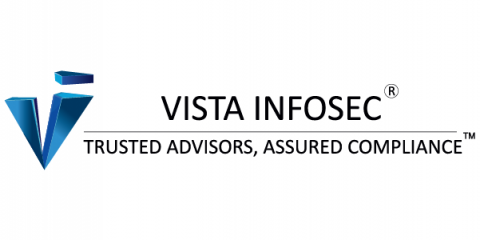Sweet Security Introduces Evolutionary Leap in Cloud Detection and Response, Releasing First Unified Detection & Response Platform
Sweet Security Introduces Evolutionary Leap in Cloud Detection and Response, Releasing First Unified Detection & Response Platform. With Sweet, customers can now unify detection and response for applications, workloads, and cloud infrastructure.











